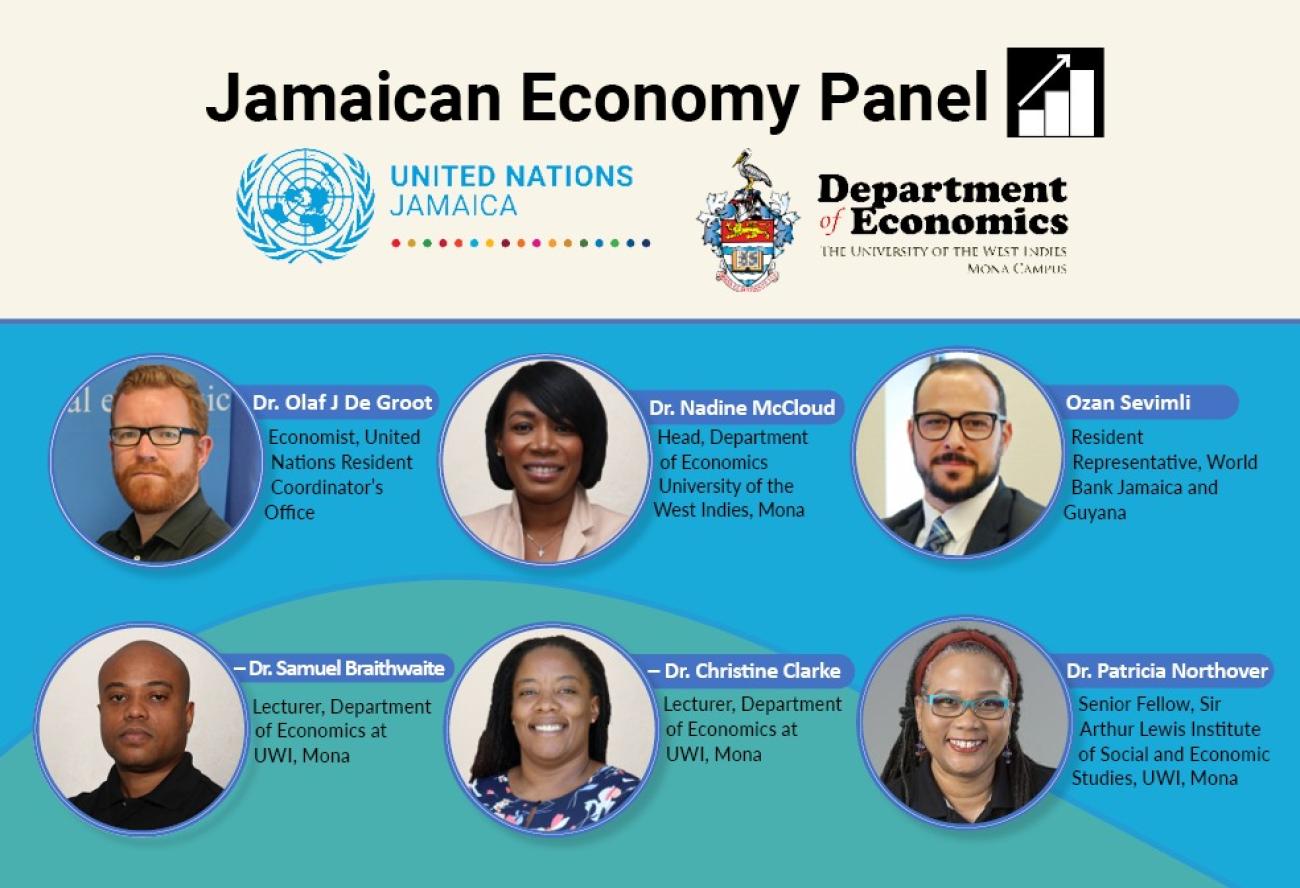Jamaica has had a high level of debt for some time. The country has however been able to reduce its debt-to-GDP ratio over the past seven years.
With concerted effort involving the International Monetary Fund and both political parties, Jamaica reduced its debt-to-GDP ratio from 144% to 94% between 2012 and 2019.
During 2020, primarily due to the COVID crisis impact on nominal GDP, debt has once more increased to 106% of GDP. In the second round of the Jamaican Economic Panel (JEP), a select group of economists and public policy experts from academia, the private sector, and international institutions were asked about their perspectives on fiscal policy in Jamaica.
The panelists were largely optimistic about how the Government of Jamaica balances debt reduction with competing priorities, especially when considering the challenges brought on by the pandemic.
The Hon. Nigel Clarke MP, Minister of Finance and the Public Service, reiterated the Government’s objective to reduce the debt burden to 60% of GDP, albeit moving that target to the Fiscal Year 2027/28. The panelists were asked about this long-term objective. While there was overwhelming support for the 60% threshold, two-thirds of respondents believe that the objective should be pushed even further into the future. With the economic recovery from COVID still in doubt, many panelists believed that achieving the 60% threshold by the FY 2027/28 was not realistic and would put too much strain on the country’s socio-economic fabric.
In a new study, the Economic Commission for Latin America and the Caribbean (ECLAC) discusses the use of wealth taxes, both in response to COVID-19 and as a way to reduce economic inequality. On the one hand, of the panelists supporting exploring wealth taxes, the most considerable weight was placed on a progressive and recurrent wealth tax to provide budget support and reduce economic inequality. On the other hand, a substantial minority of the JEP panelists does not believe that wealth taxes are a good way forward for Jamaica, expressing doubts about existing tax avoidance and tax evasion challenges.
The full results of the JEP discussion are available HERE





